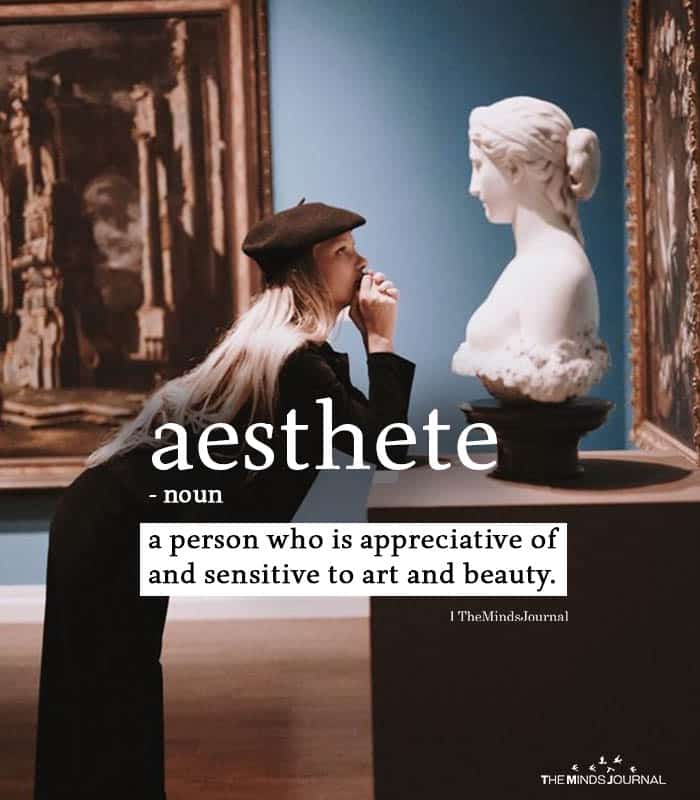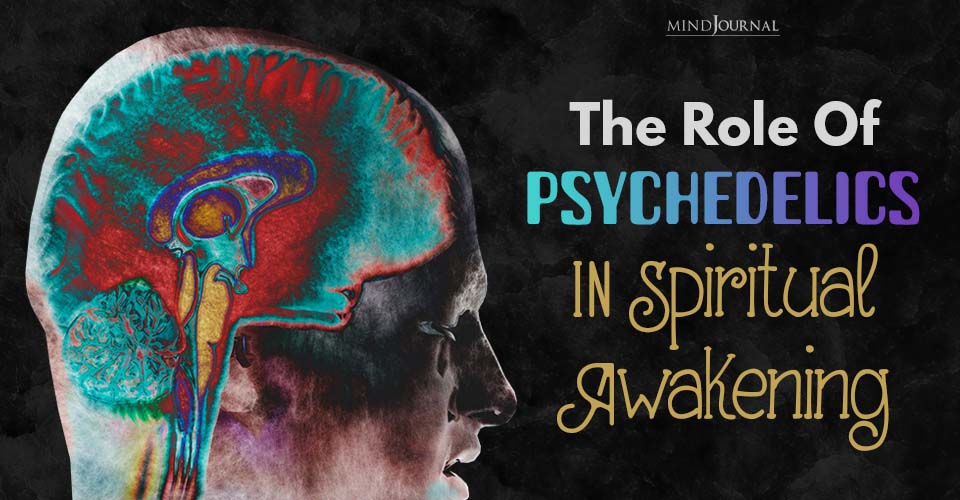Ever wondered what beauty actually is? Curious why we find certain things beautiful and others not? Let us explore the nature of beauty and aesthetics by understanding what is aesthetics in philosophy and how it shapes our lives and understanding of the world around us.
What is aesthetics in philosophy?
Before we can understand what is aesthetics in philosophy, we need to have a clear understanding about aesthetics meaning.
Esthetics definition: Aesthetics is a branch of philosophy that deals with the nature of beauty, art, and taste, and the creation and appreciation of beauty.
It explores criteria for judging beauty, the role of the artist, and the relationship between art and society. It also analyzes aesthetic values and is expressed through opinions and judgments.

So what is aesthetics in philosophy? Aesthetics studies fundamental issues about the nature of art, beauty and what constitutes an aesthetic experience. According to the esthetics definition, this philosophical idea is concerned with questions such as:
Related: 15 Signs You Are A Minimalist: Embracing the Beauty Of Less
What is beauty?
How is beauty related to other concepts such as truth and goodness?
What are the criteria for judging whether something is beautiful or not?
What is the relationship between art and society?
It is a subject that has fascinated philosophers, artists, and thinkers for centuries, and continues to do so today. Aesthetics meaning encompasses a wide range of topics, including the nature of aesthetic experience, the purpose of art, and the relationship between art and culture.
It is concerned with understanding the principles and criteria that underlie our judgments of what is beautiful, and how such judgments relate to our experiences of pleasure, emotion, and meaning.
The philosophy of aesthetics and beauty also explores the relationship between art, society, and culture, and the role that art plays in shaping our values, beliefs, and identity.
Aesthetics philosophy is an important area of inquiry that has fascinated scholars, artists, and thinkers for centuries.
Key concepts in aesthetics philosophy
One of the key concepts in esthetics definition is the idea of the aesthetic experience. This refers to the experience of beauty or pleasure that we feel when we encounter a work of art, a natural landscape, or any other object or phenomenon that we find aesthetically pleasing.
The aesthetic experience is often described as a feeling of “awe” or “transcendence” that transports us beyond our everyday concerns and into a realm of pure sensation and emotion.
Another important concept in aesthetics meaning is the idea of taste. Taste refers to our individual preferences and judgments about what is beautiful or aesthetically pleasing.
While some people may find a particular work of art or music beautiful, others may find it unappealing or even ugly. Taste is influenced by a variety of factors, including cultural background, personal experiences, and social norms.
The concept of the sublime is also central to aesthetics meaning. The sublime refers to experiences that are both awe-inspiring and terrifying, such as the sight of a majestic mountain range or a violent storm. The sublime is often associated with a sense of overwhelming power or grandeur that inspires feelings of both fear and reverence.
Now that we have grasped what is aesthetics in philosophy and the key concepts, let’s explore the origins of this philosophical concept.
Related: Spiritual Chills: Why You Randomly Get Goosebumps
Origins of aesthetics
The study of aesthetics as a distinct philosophical discipline originated in the 1700s in the writings of philosophers like Alexander Baumgarten, Immanuel Kant and Georg Wilhelm Friedrich Hegel.
Baumgarten introduced the term “aesthetics” meaning perception by the senses as a philosophical field of study in 1735. Kant and Hegel further developed the discipline with their writings and theories on beauty, nature and art.
However, the study of beauty and art dates back to ancient Greece, where philosophers such as Plato and Aristotle discussed the nature of beauty and its relationship to truth and morality.
Plato believed that beauty was an objective quality that existed independently of the beholder and could be apprehended through reason. Aristotle, on the other hand, believed that beauty was subjective and depended on the individual’s perception and judgment.
In the modern era, the philosophy of aesthetics and beauty has been shaped by the work of thinkers such as Immanuel Kant, Friedrich Nietzsche, and Arthur Schopenhauer.
Kant, for example, argued that beauty is a universal concept that is independent of personal taste and cultural context. Nietzsche, on the other hand, rejected the idea of a universal standard of beauty and argued that art should be judged based on its ability to inspire and provoke.
Immanuel Kant on aesthetics
Immanuel Kant’s philosophy of aesthetics is a central part of his overall philosophical system, and his ideas have had a profound impact on the study of aesthetics and art theory.
Kant believed that the experience of beauty and the judgment of taste were fundamental aspects of human experience, and that they had important implications for our understanding of morality and the nature of reality.
Kant argued that the experience of beauty was a subjective experience, but that it was also grounded in universal principles that were shared by all human beings.
He believed that the experience of beauty was characterized by a disinterested pleasure, in which the viewer was not concerned with the practical or personal implications of the object of beauty, but was instead focused on the object itself.
Kant also believed that the judgment of taste was a universal and objective standard that could be applied to all works of art.
He argued that the judgment of taste was based on the idea of “pure” beauty, which was characterized by qualities such as simplicity, harmony, and unity. And it could be apprehended through the free play of the imagination and understanding.
Kant’s aesthetics philosophy also had important implications for his understanding of morality and the nature of reality. He believed that the experience of beauty and the judgment of taste were evidence of the existence of a transcendent realm of reality beyond the world of sense experience, and that this realm was the source of our highest moral values and ideals.
Kant’s philosophy of aesthetics and beauty emphasized the subjective experience of beauty and the objective standards of the judgment of taste, and had important implications for his understanding of morality and the nature of reality.
To better understand what is aesthetics in philosophy, let us explore some other prominent views on aesthetics.
Related: What Does Your Playlist Say About You? 5 Things Your Taste In Music Reveals About You
Hegel philosophy of aesthetics
Hegel’s philosophy of aesthetics is a complex system that is based on his broader philosophical views on the nature of reality and the human spirit. According to Hegel, art is not just a matter of subjective taste, but is an essential part of the human experience that reflects our deepest spiritual aspirations.
Hegel philosophy of aesthetics revealed that art was a means of expressing the universal spirit that animates all of reality. He saw art as a way of capturing the essence of the human experience and expressing it in a way that was accessible to everyone.
Hegel’s theory of aesthetics was based on the idea that art was a way of reconciling the individual and the universal, and that it had the power to transform our understanding of ourselves and the world around us.
Hegel philosophy of aesthetics highlighted that art evolved over time, and that each period of art was a reflection of the specific historical and cultural context in which it emerged.
He argued that art was not just a matter of individual expression, but was shaped by the social, political, and economic forces of the time. Hegel’s philosophy of aesthetics also emphasized the importance of the viewer or audience in the artistic experience.
He believed that the viewer had an active role to play in the creation of meaning in art, and that the meaning of a work of art was not fixed, but was constantly evolving as it was interpreted by different viewers in different contexts.
Hegel philosophy of aesthetics was a complex system that emphasized the importance of art in human experience, and saw it as a means of expressing the universal spirit that animates all of reality.
He believed that art evolved over time and was shaped by the historical and cultural context in which it emerged, and that the viewer played an active role in creating meaning in art.
Socrates philosophy of aesthetics
Socrates had a unique aesthetics philosophy and esthetics definition that was based on his broader philosophical views on the nature of reality and the good life. He believed that beauty was not just a matter of appearance, but was a reflection of the goodness and truth that underlie all of reality.
Socrates philosophy of aesthetics argued that the true beauty that we seek is not found in the world of sense perception, but is a transcendent quality that can only be apprehended through reason and contemplation.
He believed that the beauty we see in the world around us is not the true beauty, but is a reflection of the true beauty that exists in the realm of Forms or Ideas.
Socrates philosophy of aesthetics was critical of the arts of his time, such as poetry and drama, which he believed were often morally corrupting. He argued that the arts were imitative, and that they often portrayed false and harmful ideas about the world.
Socrates believed that the purpose of art should be to educate and inspire, rather than to entertain or deceive. He argued that art should be used to promote the virtues of wisdom, courage, and justice, and to help people to live better lives.
For Socrates, beauty and goodness were intimately connected. He believed that the pursuit of beauty is ultimately a pursuit of the good. Socrates believed that the highest form of beauty was the beauty of the soul. He argued that the true beauty of a person was not their physical appearance, but their inner qualities of wisdom, courage, and justice.
Socrates philosophy of aesthetics continues to influence our thinking about beauty, art, and the relationship between beauty and goodness today.
Related: What Men Find Beautiful In A Woman
Contemporary views of aesthetics
What is aesthetics in philosophy today? In contemporary discussions, aesthetics philosophy has moved beyond art to include all areas involving aesthetic experience and judgment.
Aesthetics has broadened to include areas like eco-aesthetics which deals with aesthetic appreciation of nature. Feminist aesthetics also examines issues of gender in aesthetic experience and creation of art.
Aesthetics meaning also touches upon theoretical questions like the relationship between beauty, truth and morality. It examines debates regarding whether aesthetic qualities are intrinsic or socially constructed. Contemporary debates also address multiculturalism and diversity in aesthetics.
The relevance of aesthetics in our lives
The philosophy of aesthetics and beauty may seem like an esoteric and abstract subject, but it has important implications for our everyday lives.
For example, our aesthetic preferences can influence our choices in fashion, home décor, and even the food we eat. Aesthetics also play a role in our experiences of nature, architecture, and urban design.
Furthermore, the study of aesthetics can help us to understand the ways in which art and culture shape our perceptions and beliefs.
By examining the ways in which different cultures and historical periods have understood beauty and art, we can gain insights into the diversity and complexity of human experience.
Takeaway
Understanding what is aesthetics in philosophy is important as it is a fascinating and multifaceted subject that encompasses a wide range of topics, from the nature of beauty and taste to the purpose of art and its relationship to society.
By exploring these topics, we can gain a deeper understanding of the role that aesthetics plays in our lives, and the ways in which it shapes our perceptions and experiences of the world around us.
Whether we are admiring a work of art, enjoying a beautiful sunset, or simply choosing what to wear in the morning, aesthetics is a part of our daily lives that enriches and inspires us.
Related: How You Need To Talk To Your Daughter About Beauty










Leave a Reply